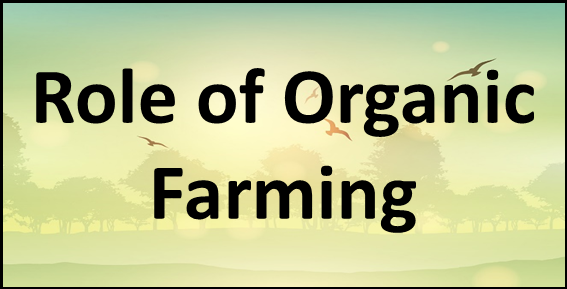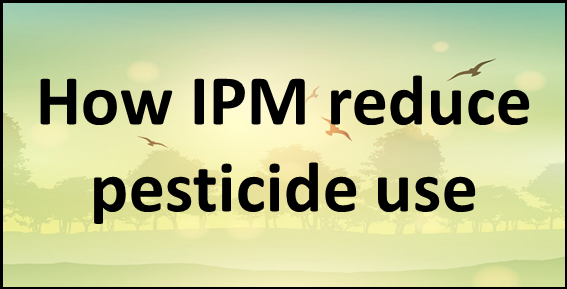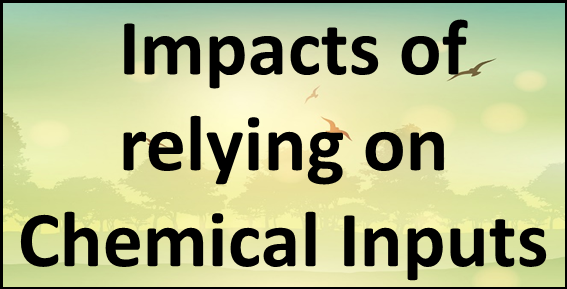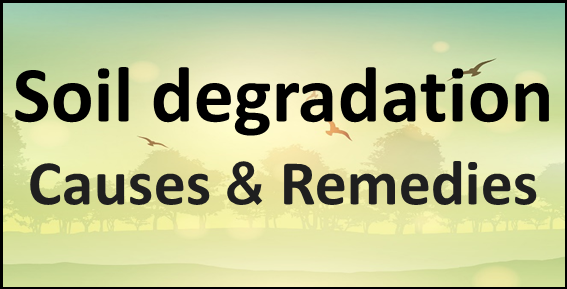Latest Blogs
Organic farming avoids synthetic chemicals, focusing on natural inputs like compost and manure, enhancing soil health, promoting biodiversity and producing healthier food.
IPM combines biological control, cultural practices and selective chemical use to manage pests, reducing reliance on harmful pesticides and fostering a more sustainable environment.
Dependence on chemical inputs in agriculture, such as synthetic fertilizers and pesticides, leads to soil degradation, water pollution and reduced biodiversity. Overuse of chemicals also creates resistance in pests and can affect human health. Shifting to sustainable alternatives like organic farming, biopesticides and natural fertilizers can reduce environmental impact and improve long-term soil health.
Soil degradation refers to the decline in soil quality due to factors like erosion, nutrient depletion, overuse of chemical fertilizers and pesticides, deforestation, and poor agricultural practices. It results in reduced soil fertility, loss of organic matter, and diminished water retention, making the soil less productive. To combat soil degradation, practices such as crop rotation, organic farming, reduced tillage, and the use of natural fertilizers and biofertilizers can help restore soil health and maintain its long-term productivity.
An increase in temperature can lead to a rise in the jassid population in cotton crops. Jassids (leafhoppers) thrive in warm, dry conditions, and higher temperatures accelerate their life cycle, resulting in quicker reproduction and population growth. Why Jassid Populations Increase with Temperature? Faster Development: Higher temperatures shorten the jassid's life cycle, leading to more generations in a shorter time. Increased Activity: Warm temperatures enhance their mobility and feeding activity, causing more damage to the cotton crop. Reduced Natural Enemy Activity: In hot conditions, predators like Chrysoperla and other beneficial insects may become less active, giving jassids a better chance to multiply.





